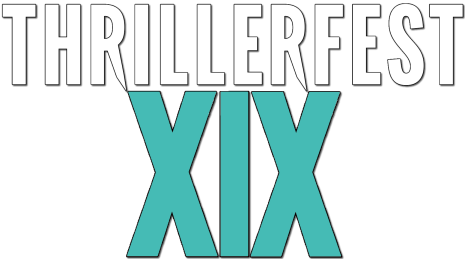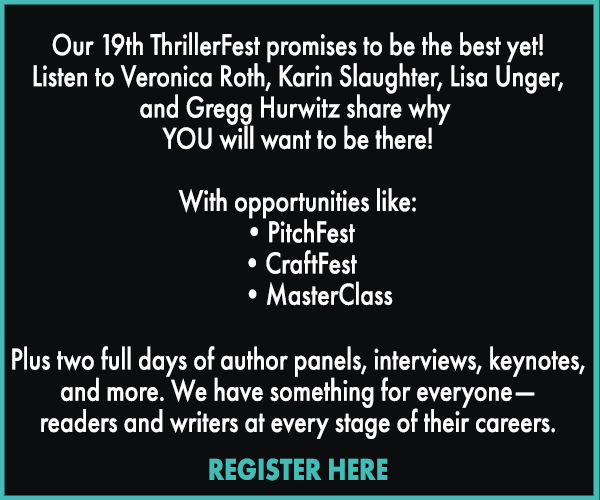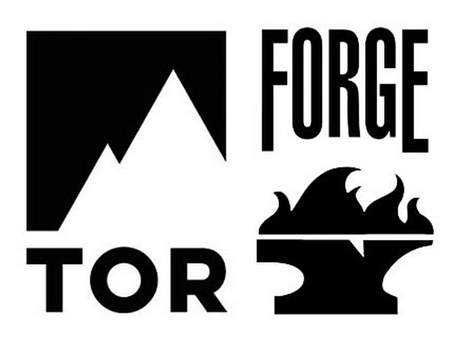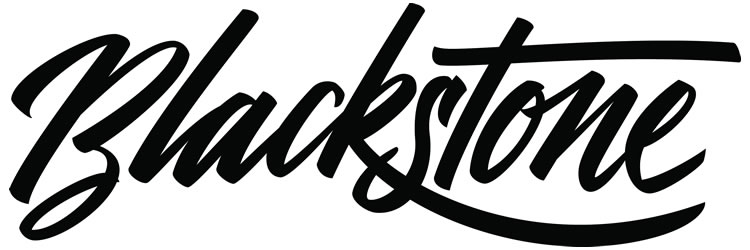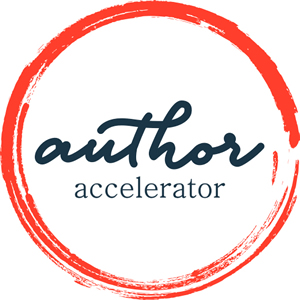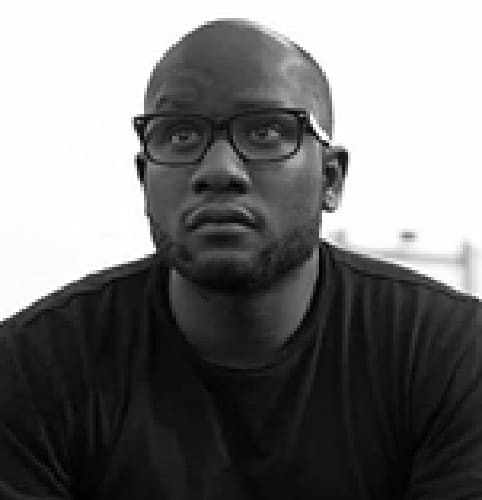WELCOME TO THRILLERFEST!
Welcome to ThrillerFest XIX which will take place May 28 to June 1, 2024! We’re excited to present a blockbuster line-up this year, featuring 2024 ThrillerMasters Tess Gerritsen and Dennis Lehane, 2024 Spotlight Guest Steph Cha, and 2024 Spotlight Guest Ruth Ware. We’re also celebrating our 2024 Silver Bullet Award, Louise Penny, and our 2024 ThrillerFan Ayo Onatade. Join us for Master Class, CraftFest, PitchFest, QueryFest, ThrillerFest, and more. We encourage all thriller enthusiasts to join the ITW family.
2024 Line Up
-

Tess Gerritsen
2024 ThrillerMaster
-

Dennis Lehane
2024 ThrillerMaster
-

Louise Penny
2024 Silver Bullet Recipient
-

Steph Cha
2024 Spotlight Guest
-

Ruth Ware
2024 Spotlight Guest
-
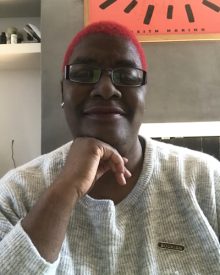
Ayo Onatade
2024 Thriller Fan
-

Audible
2024 Thriller Legend
SPONSORS
We thank our Scholarship sponsors for their generous donation to our Scholarship Program:
Douglas Preston, Michael Mayo, Vicki Montet, and Karin Slaughter.
Volunteer with Us!
Volunteers are an integral part of the ThrillerFest experience. We couldn’t do it without you. If you would like to assist us, please be sure to check yes to “Volunteer” during registration. Volunteering is a great way to meet people and get involved in ITW (Please note: volunteers must be registered for ThrillerFest).
Please drop by the ThrillerFest Facebook page then “like” us, and help spread the word! You can also follow ITW on Instagram, Twitter and Pinterest.
Your ThrillerFest team is looking forward to a fun and memorable year. We’re excited to celebrate the following staff members: Kimberley Howe as ITW’s Executive Director; Jeff Ayers and Samantha Skal as ThrillerFest’s Co-Executive Directors;
Ruth Church as ThrillerFest Coordinator, Sara DiVello as Social Media Director, Todd Gerber as Awards Coordinator,
Chris Graham as Technology Coordinator & Art Director, Dennis Kennett as Registrar, Shirley Kennett as Assistant Registrar, Jennifer Kreischer as Banquet Coordinator, Susan Lee as PitchFest Co-Director, Jim L’Etoile as Volunteer Coordinator, Christianna Mason as Human Resources Director, Sam Octavius as Special Tech Projects Director, Nick Openshaw as Social Media Coordinator, K.L. Romo as QueryFest Director, Tessa Wegert as PitchFest Co-Director
If we can answer questions or help out in any way, please touch base anytime: KimberleyHowe@thrillerwriters.org
Stay In Touch!
Enter your email address to keep in touch with the latest news and promotions from the International Thriller Writers.
ITW Community
- patrons
- sponsors
- supporters
Actives
Sandra Brannan
Clive Cussler*
Dirk Cussler*
Shane Gericke*
Faye and Jonathan Kellerman*
John Lescroart
Joanie McDonell
Karin Slaughter
Larry D. Thompson
Associates
Tucker Andersen
Andrew Kimball
Actives
Kathleen Antrim*
David Baldacci*
Neal Baer
Steve Berry*
J. Jackson Bentley
Gary Braver*
Sandra Brown*
Dale Brown*
John Case*
Lee Child*
James Comey
Michael Connelly
Glenn Cooper
Richard Curtis*
Jack F. Du Brul*
David Dun*
Joseph Finder
Brian Garfield*
Tess Gerritsen*
Leslie Glass*
Jeff Gunhus
Vicki Hinze*
Lisa Jackson
Alex Kava*
Raymond Khoury
Deborah LeBlanc
Eric Van Lustbader*
D. P. Lyle M.D.*
Gayle Lynds*
Steve Martini
Brad Meltzer
David Morrell*
Katherine Neville*
Michael Palmer (2004-2013)*
James Patterson*
Andrew Peterson
Douglas Preston*
Lissa Price
Keith Raffel
Christopher Reich*
James Rollins*
M.J. Rose*
JoAnn Ross
Hank Phillippi Ryan
John Saul*
Andy Siegel
Susan Arnout Smith
R.L. Stine*
Brad Thor*
Lisa Unger
Paul Vidich
Associates
Maria Carvainis
Leisure Books*
JK Franko*
Ed Mitchell*
Henry Morrison*
Adrian Muller*
Bill Sewell
Tor/Forge Books*
Your Book Is Your Hook!
Actives
Steve Alten*
Ashok Banker
Ted Bell*
Emily Benedek
Janet Berliner-Gluckman*
Gary Birken
Mike Bond
Sandra Brannan
Allison Brennan
Mike Brogan
Jan Burke*
Lorenzo Carcaterra
Lincoln Child*
Stephen Coonts*
Brian D’Amato
B. J. Daniels
Nelson DeMille
Eileen Dreyer*
Joanna Elm
Linda Fairstein*
Vince Flynn (2004-2013)*
Chris Fox
Joel Goldman*
Howard Gordon
Heather Graham*
Thomas Greanias
Gary Grossman
Humphrey Hawksley
Bonnie Hearn Hill*
Mark Imhof
Alan Jacobson
Judith Kelman*
Harley Jane Kozak
Jon Land
Dennis Lynds (2004-2005)*
Patricia McLinn
Michael McMenamin
Francine Mathews*
Nan McCann
Kyle Mills*
Twist Phelan
Christopher Rice*
Wendy Roberts
John Sandford
James Siegel*
Carl T. Smith*
Deborah Smith*
Taylor Smith*
L.A. Starks
Mariah Stewart*
Peter Straub*
Lee Strobel
M. Diane Vogt*
Thomas Waite
Stuart Woods*
Associates
Linda Adams*
Brilliance Audio*
Mike Brogan
Brian Godden
Steve Hadden*
Emory Hackman
Inkwell Management, LLC*
Jennifer Kreischer
Mario Mastro*
Vicki Montet
Amy Rivers
Mike Trigg
*original member joined by June 4, 2005


